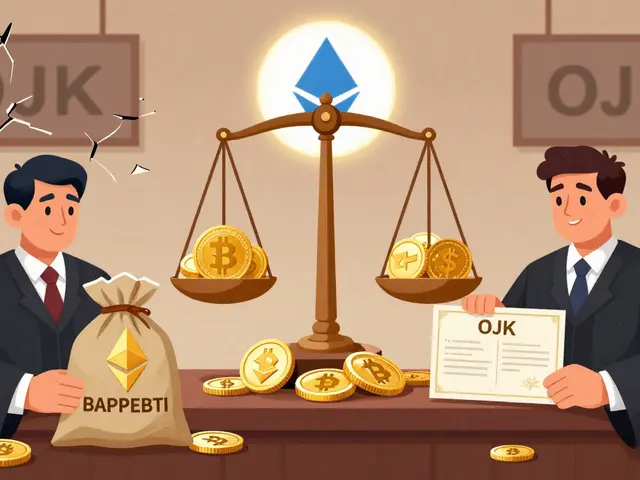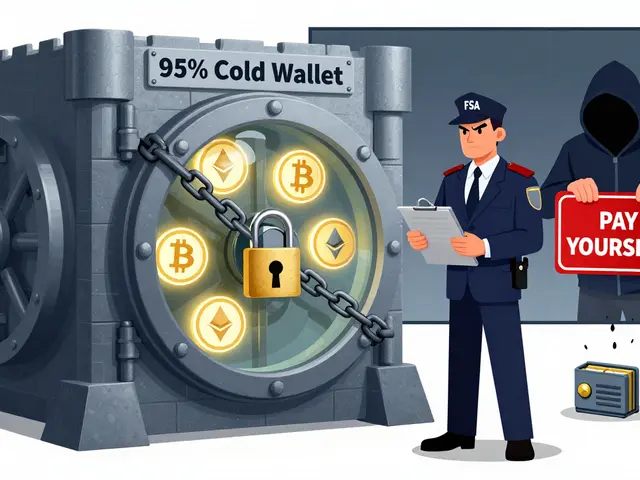Crypto Regulation: Understanding the Rules Behind Digital Assets
When talking about Crypto Regulation, the set of laws, guidelines, and supervisory actions that govern how digital assets are created, traded, and used. Also known as digital asset regulation, it shapes everything from token launches to everyday trading.
One big piece of the puzzle is cross‑border monitoring, the practice of tracking cryptocurrency flows across countries to enforce anti‑money‑laundering and tax rules. This effort influences crypto regulation because governments need reliable data to draft effective policies. Another hot topic is stablecoin oversight, rules that ensure tokenized dollars, euros, or other assets stay fully collateralized and transparent. Stablecoin oversight directly affects market stability and forces regulators to define clear reserve requirements. Then there’s exchange compliance, the set of licensing, KYC, and reporting standards that crypto platforms must meet to operate legally. Exchange compliance is the frontline where regulation meets users, and it often triggers swift enforcement actions when shortcuts appear.
Key Areas of Crypto Regulation
Beyond the three pillars above, many jurisdictions are tackling mining laws, rules that address the energy consumption, tax obligations, and environmental impact of cryptocurrency mining operations. India’s mining tax framework, for example, shows how a country can blend revenue collection with sustainability goals. Meanwhile, the European Union’s MiCA package aims to harmonize rules for token issuers, wallets, and service providers, creating a single market for digital finance. In the United States, FinCEN’s travel‑rule guidance pushes exchanges to share sender and receiver information on large transactions, tightening the link between cross‑border monitoring and exchange compliance.
All these entities interact in a clear chain: crypto regulation encompasses cross‑border monitoring, which requires exchange compliance, while stablecoin oversight and mining laws add layers of consumer protection and environmental responsibility. Understanding this web helps you spot where new rules might pop up and how they could affect your holdings.
Below you’ll find a curated set of articles that break down each of these topics. From deep dives into exchange shutdowns to guides on mining taxes in India, the collection gives you practical insights you can act on right away.







